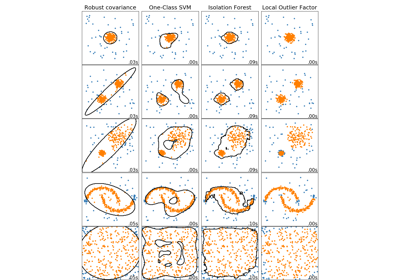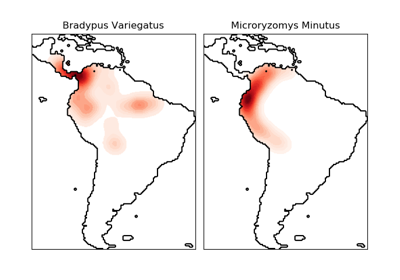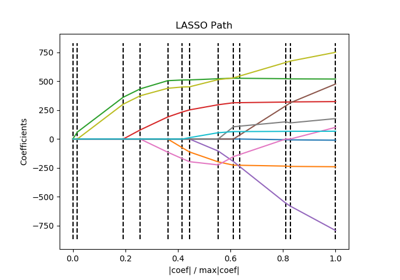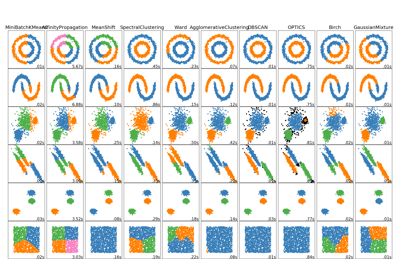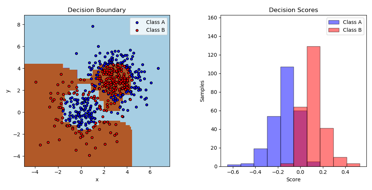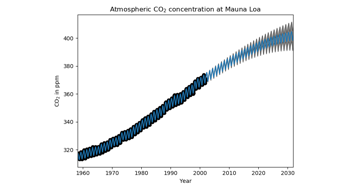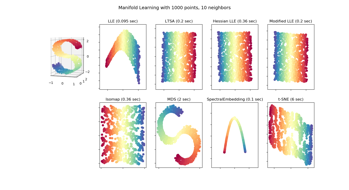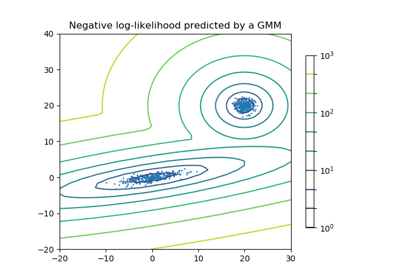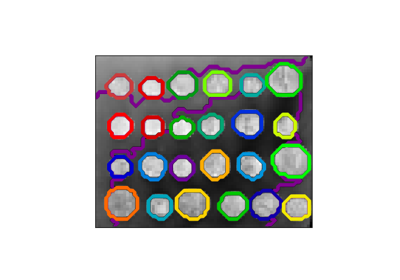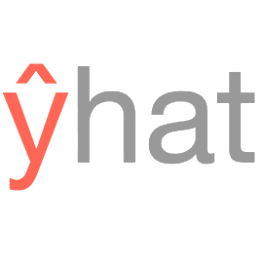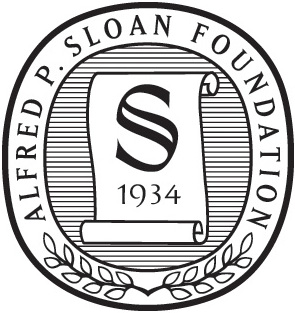Identifying to which category an object belongs to.
Applications: Spam detection, Image recognition. Algorithms:
Predicting a continuous-valued attribute associated with an object.
Applications: Drug response, Stock prices. Algorithms:SVR, ridge regression, Lasso, …
Automatic grouping of similar objects into sets.
Applications: Customer segmentation, Grouping experiment outcomes Algorithms:
Reducing the number of random variables to consider.
Applications: Visualization, Increased efficiency Algorithms:
Comparing, validating and choosing parameters and models.
Goal: Improved accuracy via parameter tuning Modules:
Feature extraction and normalization.
Application: Transforming input data such as text for use with machine learning algorithms. Modules:preprocessing, feature extraction.
News
- On-going development: What's new (Changelog)
- Scikit-learn from 0.21 requires Python 3.5 or greater.
- July 2019. scikit-learn 0.21.3 (Changelog) and 0.20.4 (Changelog) are available for download.
- May 2019. scikit-learn 0.21.0 to 0.21.2 are available for download (Changelog).
- March 2019. scikit-learn 0.20.3 is available for download (Changelog).
- September 2018. scikit-learn 0.20.0 is available for download (Changelog).
- July 2018. scikit-learn 0.19.2 is available for download (Changelog).
- July 2017. scikit-learn 0.19.0 is available for download (Changelog).
Community
- About us See authors and contributing
- More Machine Learning Find related projects
- Questions? See FAQ and stackoverflow
- Mailing list: scikit-learn@python.org
- IRC: #scikit-learn @ freenode


